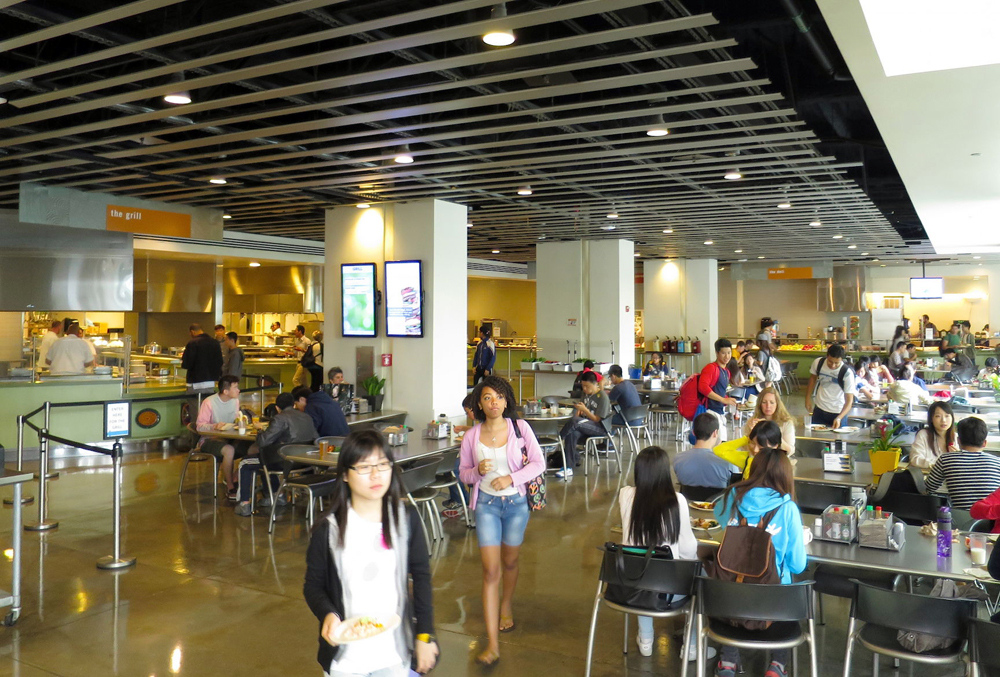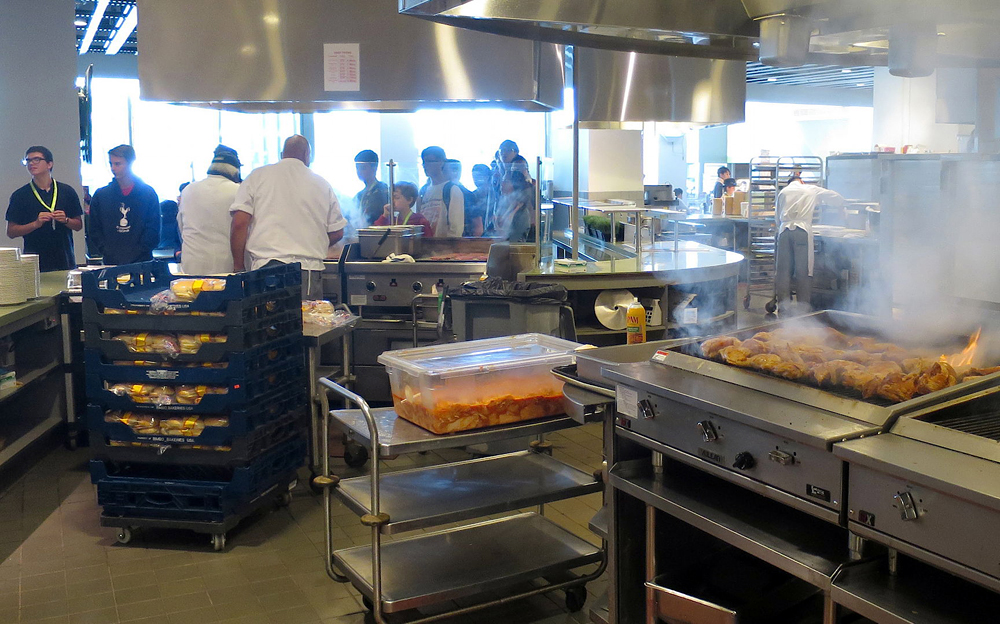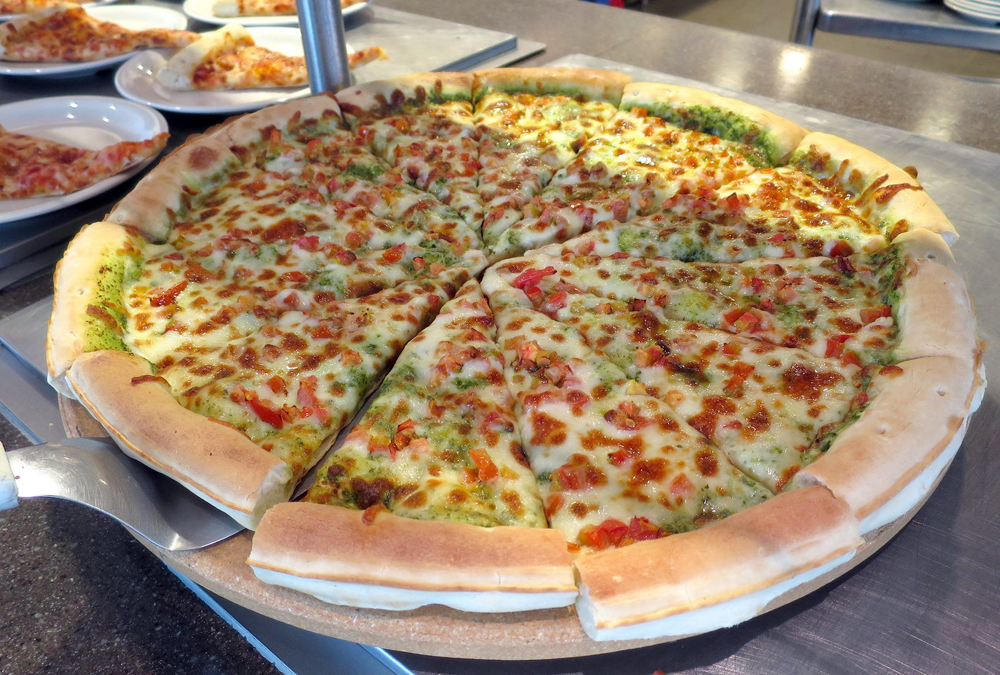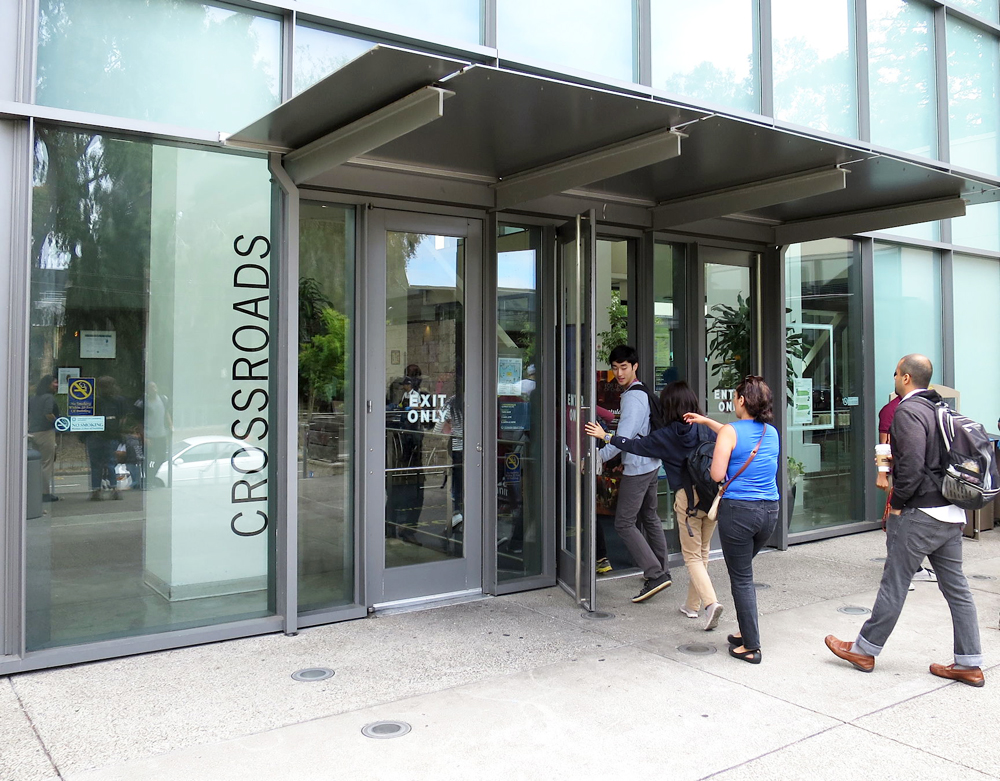
In this era of the $12 hamburger, lots of us are searching high and low for affordable dining options. Here's one that's hiding in plain sight — although it’s haunted by lingering memories of grim gray patties and the Freshman 15: university residence-hall buffets.
But hey, they've changed. Organic, vegetarian and vegan options are now ubiquitous at facilities such as UC Berkeley's Crossroads, which sources its ingredients from famously sustainable outfits including Niman Ranch, Hodo Soy, Bi-Rite, Wild Planet, Peet's Coffee, Peerless Coffee, Mary's Chickens, Wilcox Eggs, Alvarado Street Bakery, Numi and Silk. Augmenting a wide array of cooked entrées (think pizza, tagine, tofu steaks and pho) at any given meal, Crossroads also sports house-baked pastries, an organic salad bar — audited regularly by the California Certified Organic Farmers organization — and an extensive cold-cereal bar that's accessible morning, noon and night.
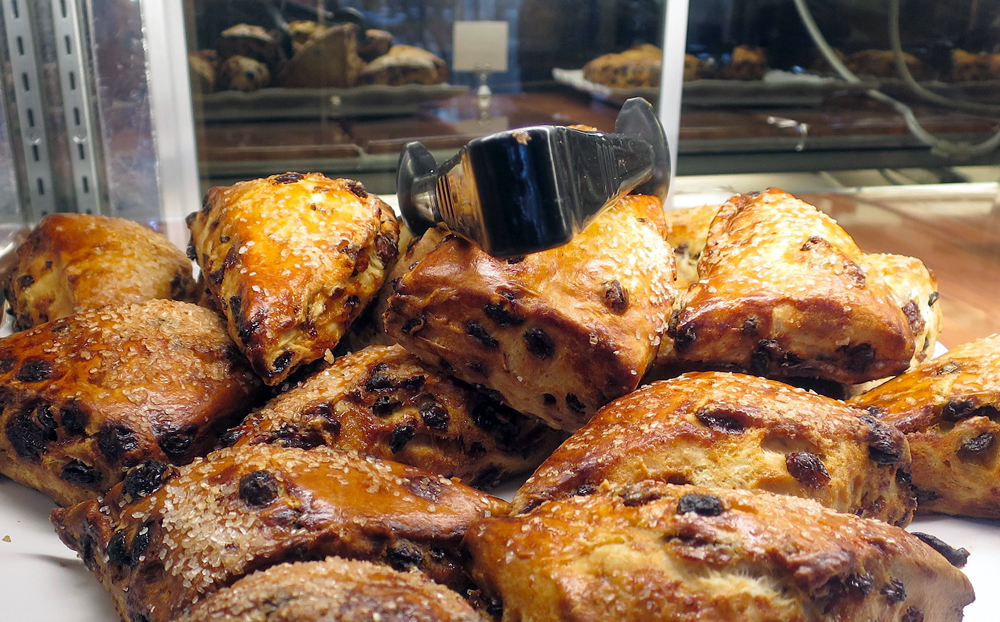
And what’s the price for as much of this and more as you care to eat? Ten dollars at dinner. Nine at lunch.
It's all prepared in a lively, organic, open kitchen under the direction of Crossroads' executive chef Marcos Hernandez, a young California Culinary Institute/Greystone alumnus whose previous gigs include Postino and Cliff House. It's served smilingly in an airy, sunny, certified-green building — one of Berkeley's first.
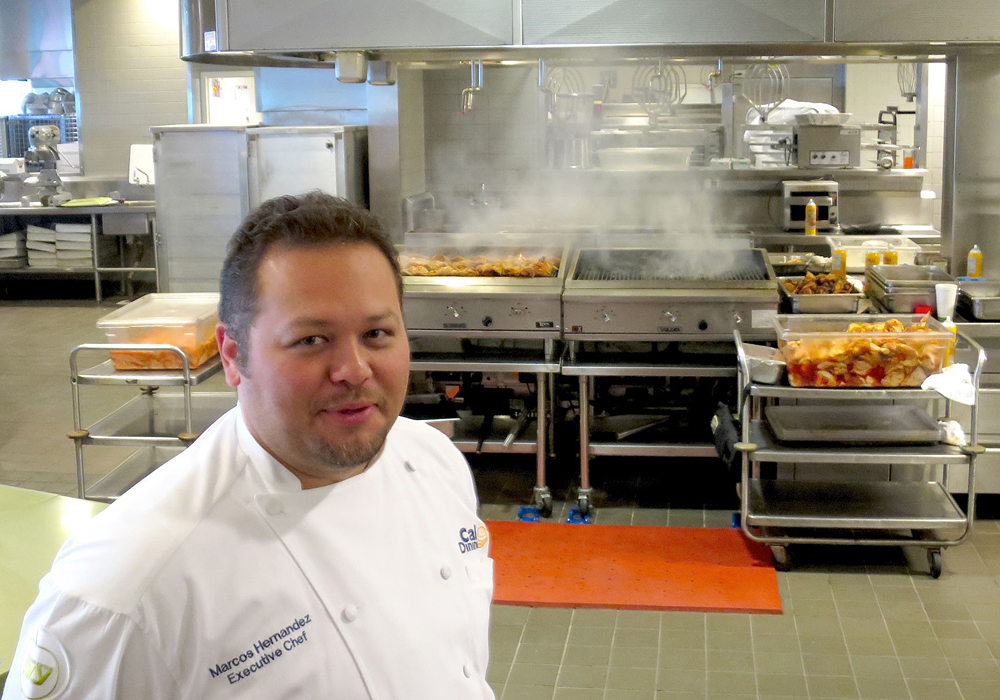
Looking — with its soaring ceiling, sweeping stainless-steel angularity, potted palms and glass-enclosed patio — like a tiny airport, this multi-award-winning Bay Area Green Business has one downside if you relish personal service: Yours will be one of some 3,500 meals prepared here today. Crossroads sometimes gets crowded. But hey, so does Comal.
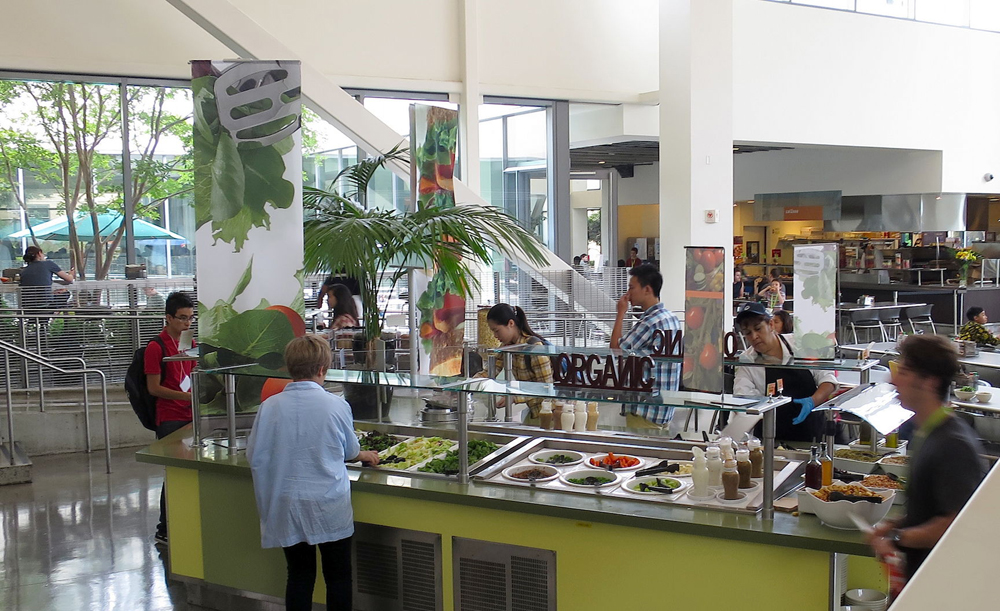
Not that Crossroads rivals Comal for potential Michelin stars. But Crossroads has the edge when it comes to customizability: Its comprehensiveness lets you tweak, tailor and personalize your meal to a degree unimaginable at standard restaurants. Crave tacos and clam chowder, side by side? No problem. Want sliced pears and Sriracha sauce in your triple-decker ham sandwich? Beef teriyaki on naan? A baked potato stuffed with vegan sausage, marinated mushrooms and a whole mugful of pumpkin seeds? Done.
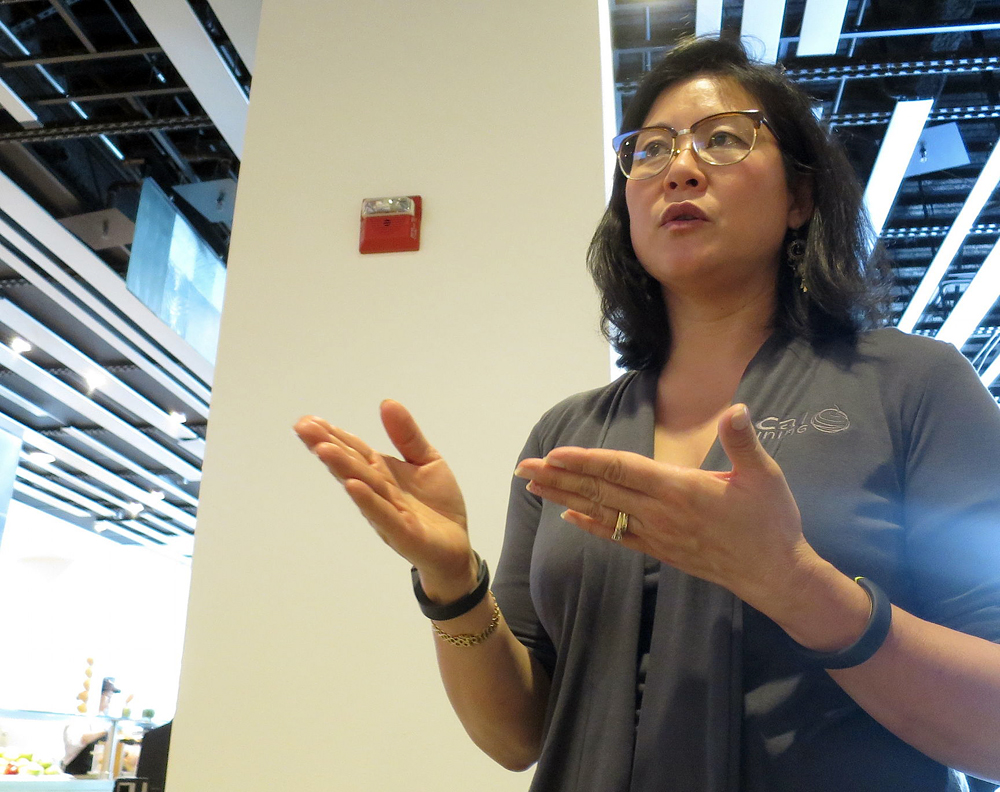
"A lot of people are prejudiced against buffets. And there's a general stigma against eating in a student dining hall," says Ida Shen, culinary and catering director for Cal Dining, the self-supporting, independent nonprofit that operates Crossroads and other open-to-the-public UC Berkeley student-dining facilities such as Café 3, whose sushi bar is wildly popular and whose pop-arty design evokes Mad Men meets The Jetsons in a psychedelic Tokyo disco.
